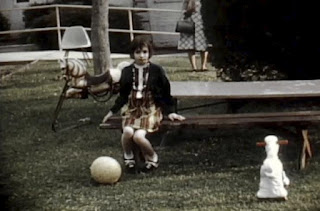What is Tragedy of the Common ?
In most situations, if everybody in a group tries to maximize their outputs, the overall output of the group is maximized.
However, that isn’t always the case. Consider a large number of cars on the road. Each of them tries to maximize their chances of reaching their destinations early. For this reason, they furiously overtake each other, change multiple lanes, break signals, cause accidents etc. All of this eventually leads to a traffic jam where none of the cars is able to reach their destinations on time.
When someone picnics in their own backyard, they don't throw their trash on the grass when they're done. But if you look at a park, you'll see that some people do throw their trash on the ground there. When ownership of something is shared, perceived responsibility to care for it is diminished. If someone litters their own back yard, they'll have to pick it up; if they litter a public park, they probably won't.
This can even become perversely destructive. The classic example of tragedy of the commons is a field shared by a village and used to graze sheep. Each person benefits individually from grazing as many sheep as they can, but the damage their sheep do to the field is shared by the community. Unfortunately, if everyone grazes as many sheep as they can, the field may be ruined for everyone. Even more unfortunately, an individual seeing this problem can't solve it: if they decide to graze fewer sheep, they won't necessarily lead their neighbors to do likewise. If their neighbors don't limit their herds, the field will be destroyed anyway, so there is little point in any villager limiting his herd. Worse still, villagers will realise that they can't stop the field from being destroyed, and the destruction is imminent, so they should get as many sheep on the field as quickly as possible, while the field is usable. The understanding of the problem actually makes it worse.
Naturally, one solution to this problem is for the villagers to meet to discuss the problem and agree that each villager should limit his herd. Another possibility would be for the villagers to fence off (enclose) the field, giving each villager his or her own share of the field. Once the field becomes private property, each villager is motivated to protect their part of it. Perhaps this is how regulation and private property in modern societies originated.
My final example of the tragedy of the common is greenhouse gas emissions. Earth's atmosphere is a classic common. What's more, it can't be enclosed, to ensure that each country would only suffer the climate change caused by its own emissions, so that approach to solving it won't work. We're left with regulation -- agreed limits on each country's emissions -- as the only way to limit atmospheric emissions. So far this has proved too difficult to negotiate.
Motivated for this blog from this video.



Comments
Post a Comment